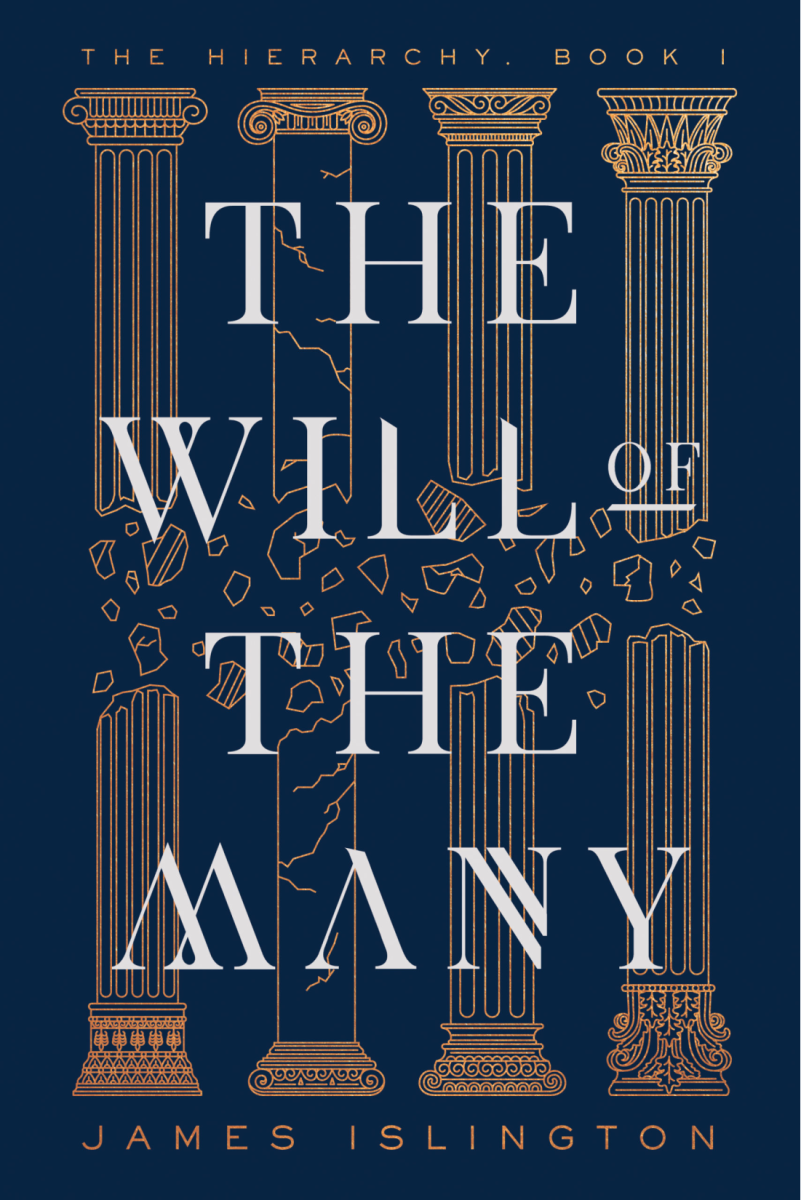***
With the end of the 1960s also came the end of one of the most influential groups in music, The Beatles. George Harrison and John Lennon moved on to successful solo careers. Within a year after the split-up of The Beatles, Paul McCartney formed Wings, which went on to produce many hits.
After the break-up of Wings in the late 1970s, McCartney went on to produce many other solo albums. He recently released a selection of covers on “”Run Devil Run”” (1999) and “”Flaming Pie”” (1997) to strong reviews and modest sales.
It has been four years since McCartney has released a proper studio album. “”Driving Rain”” was released late last year and is filled with classic McCartney pop songs. The sounds are stripped down and there are some odd chord progressions that give a slightly darker edge to the entire album.
The production of “”Driving Rain”” is raw, which creates a more intimate element to McCartney’s voice and the rest of the music. This is especially evident in the rocking tune “”About You,”” when McCartney counts off the beats before launching into the song, which features an almost Doors-esque organ sound.
McCartney continued a Beatles-pace with this new album and played more bass guitar. The entire album was recorded in about five weeks with a band that McCartney had never worked with before.
“”Lonely Road,”” “”I Do”” and “”About You”” are spawned from McCartney’s trip to India early in 2001. McCartney’s son James helped him pen “”Spinning on an Axis”” as well as “”Back in the Sunshine Again.”” Memories of his late wife Linda still linger in “”There Must Have Been Magic,”” which is about McCartney’s first encounter with Linda at a club in 1967.
“”Driving Rain”” is an album filled with mid-tempo songs that offer relaxing melodies, but the last track, “”Rinse the Raindrops,”” is a great way to end the album. This rocking song jams past the 10-minute mark.
This album probably won’t go down as one of the best McCartney albums of all time, but it’s filled with 15 quality songs that make for a kick-back afternoon.
— Joseph Lee
Various Artists
I Am Sam
V2
*****
The soundtrack for the upcoming film “”I Am Sam”” introduces a new generation to the brilliant song- writing of The Beatles. Sam’s obsession in the film with The Beatles’ songs allows the soundtrack to be comprised entirely of cover songs by artists ranging from industry legends such as Eddie Vedder to fresh faces such as Rufus Wainright and Heather Nova.
The soundtrack simultaneously introduces The Beatles and a number of artists that the general public are unfamiliar with. Each cover has a distinct sound; at the same time, none stray too far from the original sound or detract from The Beatles’ original work. This album is a must-buy for any Beatles fan as well as anyone who enjoys discovering the music industry’s great young artists before they gain mass appeal.
While every song on the album deserves a listen, the standout single is undoubtedly “”You’ve Got to Hide Your Love Away,”” covered by Eddie Vedder. Already receiving plenty of airplay, this song captures the spirit of The Beatles and their era with a modern, sombe sound that Vedder has made his own over the last decade.
Other possible singles on the album come from solo acts Ben Folds and Sarah McLachlan, who cover “”Golden Slumbers”” and “”Blackbird,”” respectively. Folds’ cover stands out because he stands to popularize a song that was never given the appreciation it deserved among the list of neverending hits created by The Beatles.
McLachlan’s cover is poignant for nearly opposite reasons. McLachlan lets the song create her sound instead of trying to overpower it with her tremendous vocal talent. She tastefully recreates “”Blackbird”” in homage to Paul McCartney.
This album should be a part of every music collection.
— Dave Bynum
Bad Religion
Process of Belief
Epitaph
*****
Now that Mr. Brett is back, it’s hard not to be a true believer.
Bad Religion’s first album since the return of guitarist/songwriter Brett Gurewitz, “”The Process of Belief,”” is the hardest and deepest record these staunchly antibullshit L.A. punks have ever made. Its 14 tracks hold more substance than any of the group’s holy trinity of late ’80s releases (“”No Control,”” “”Suffer”” and “”Against the Grain””), and they hold together better than any of their successful early ’90s albums.
Until 1995, Bad Religion had been a two-man show. But in 1993, the band moved from Epitaph to Atlantic. Two years later, Mr. Brett defected back to his company to manage its growth into the most successful independent record companies of the 1990s.
On “”The Process of Belief,”” Gurewitz’s literary, folk-inspired songs make a welcome return, but Graffin’s compositions — sometimes ungraceful and pedantic in the past — now hold their own. In fact, this is the first Bad Religion album where the songs’ authors are not formally revealed. We can be reasonably sure that Gurewitz penned the idealistic, emotional single “”Sorrow,”” and “”Prove It”” has Graffin’s academic signature all over it. But other tracks, such as the surprisingly moving protest “”Kyoto Now!”” could belong to both.
Irony and contradiction abound, such as religious chanting behind lines like “”I’m materialist/Call me a humanist/I ain’t no deist,”” or the antispiritualist spiritual yearning in “”Sorrow.”” These subtleties drive home the band’s philosophy: Theism, society and government may be “”bad religions,”” but hey, so is rock ‘n’ roll. Graffin has said, “”You have to believe in something, or you cannot live.”” “”The Process of Belief”” is a good starting point.
— Lawrence Marcuss







